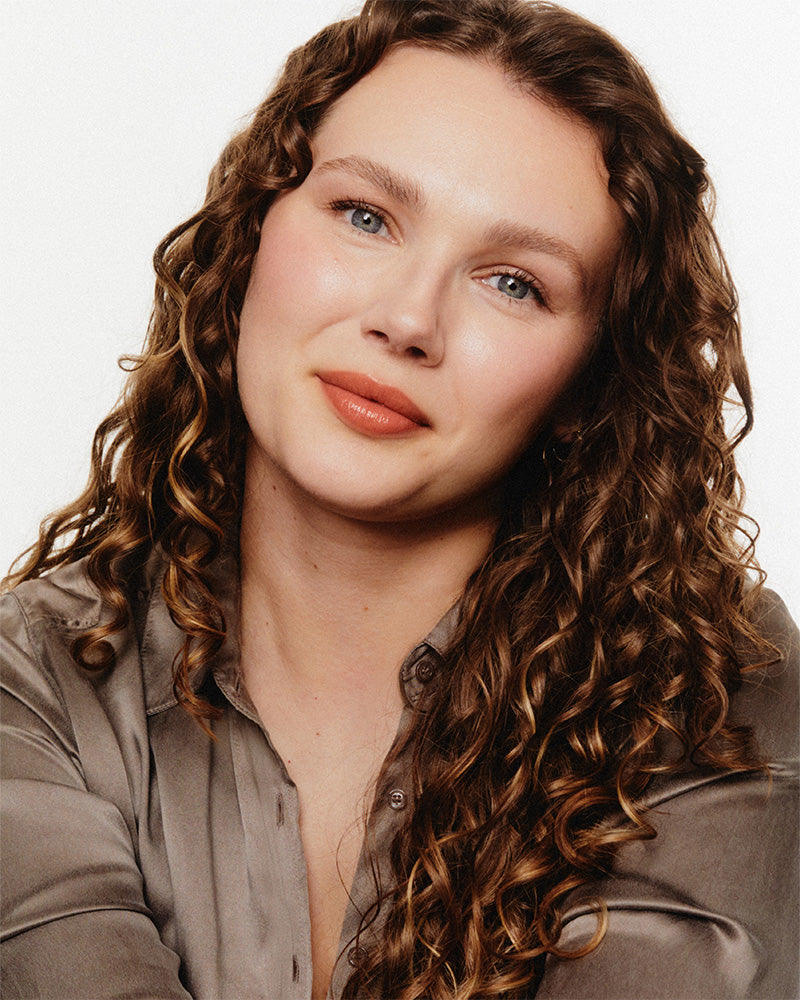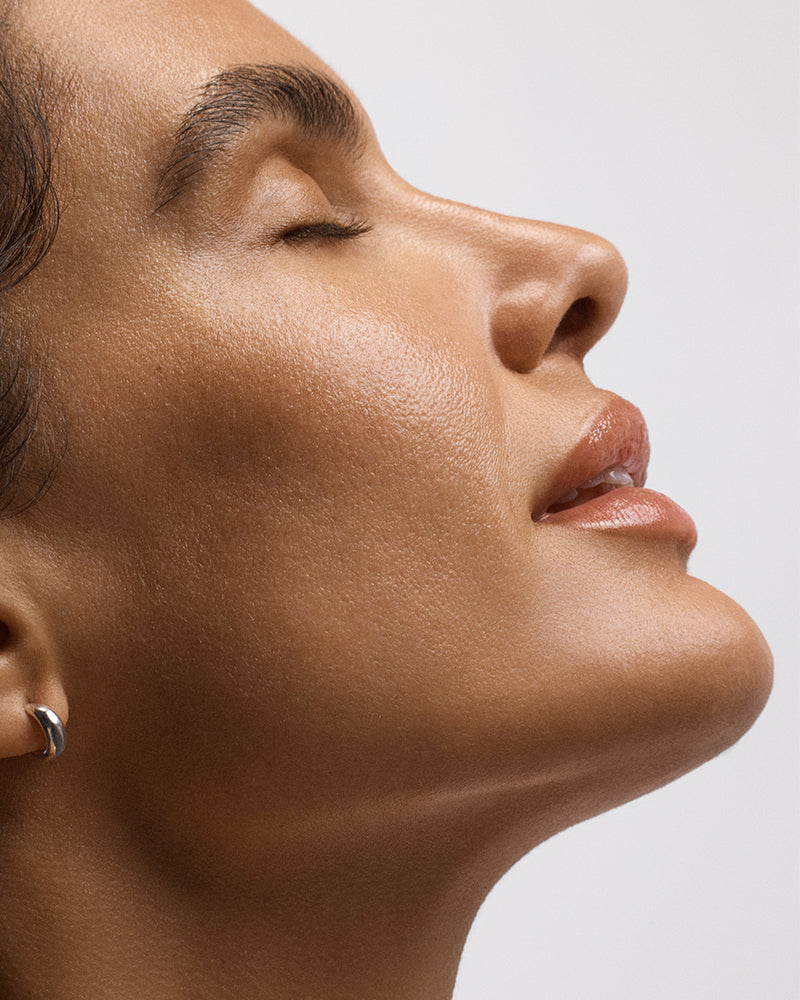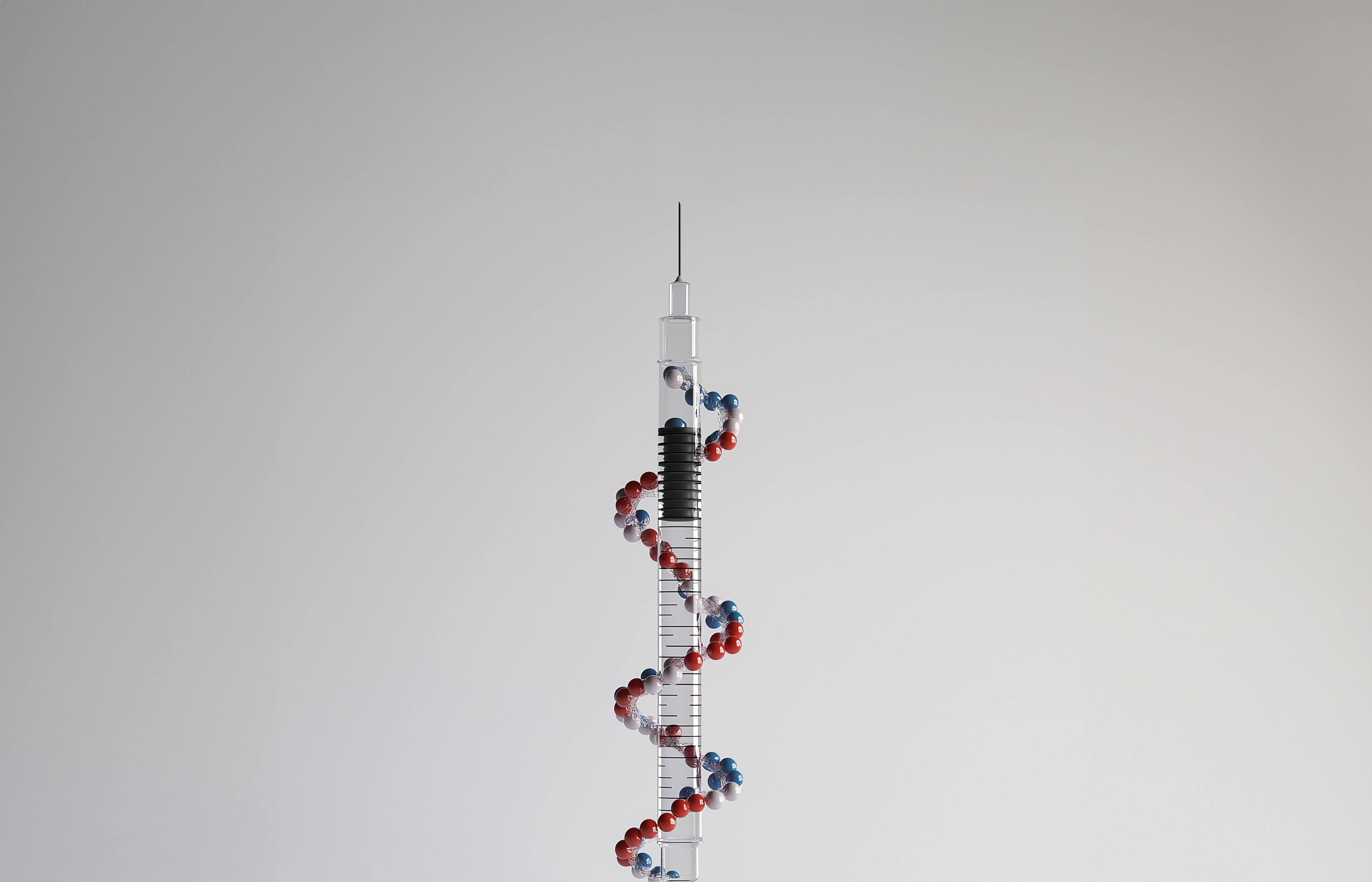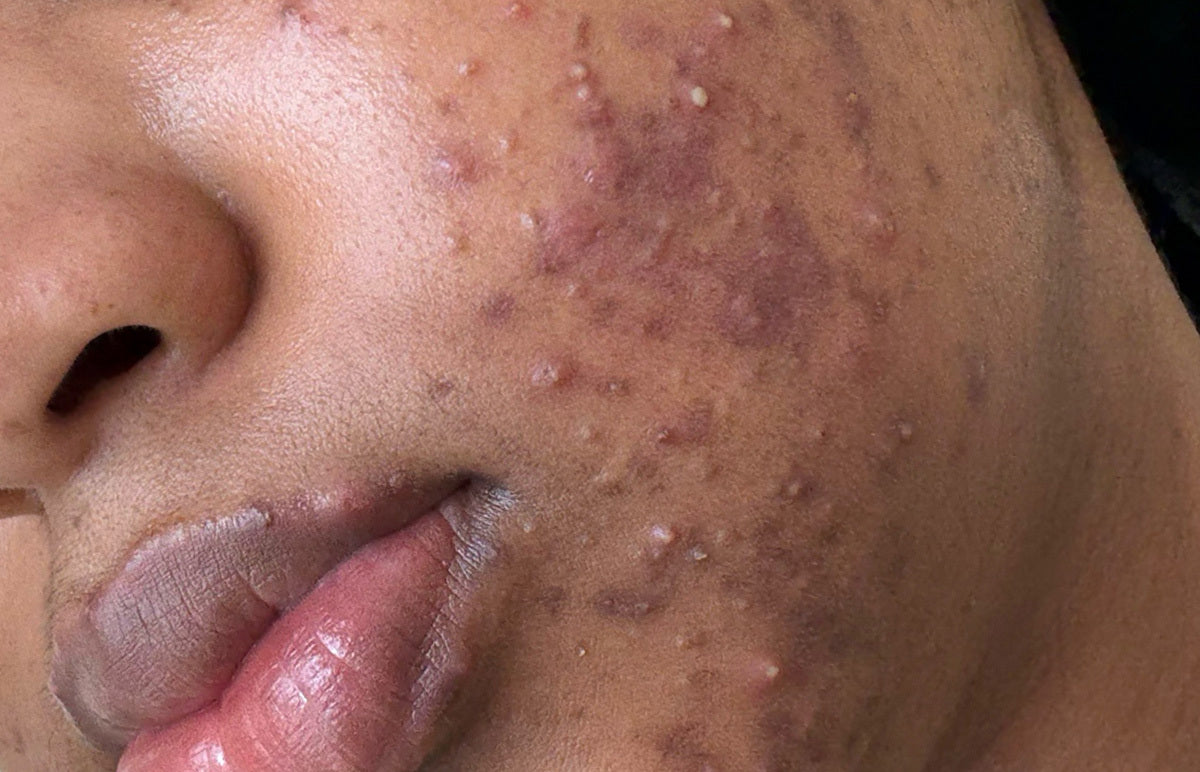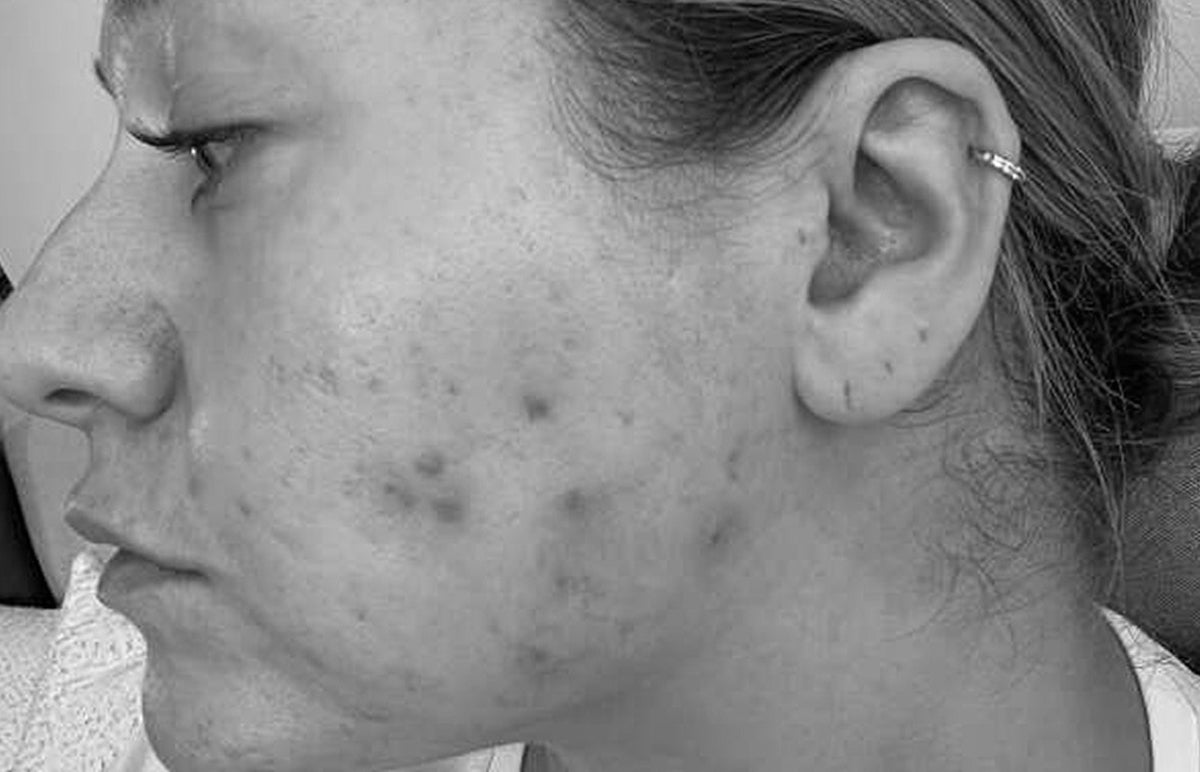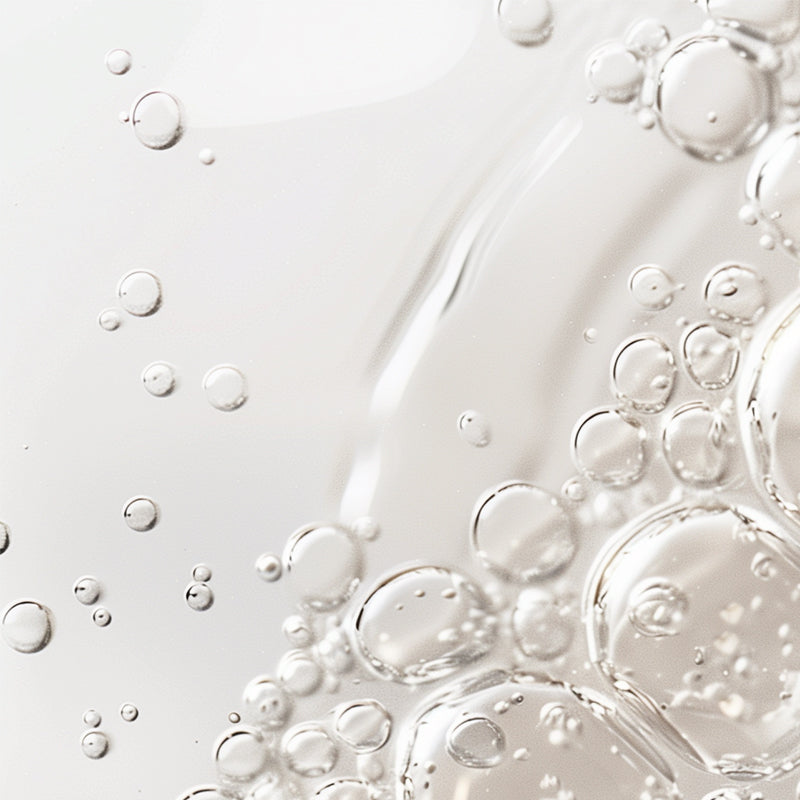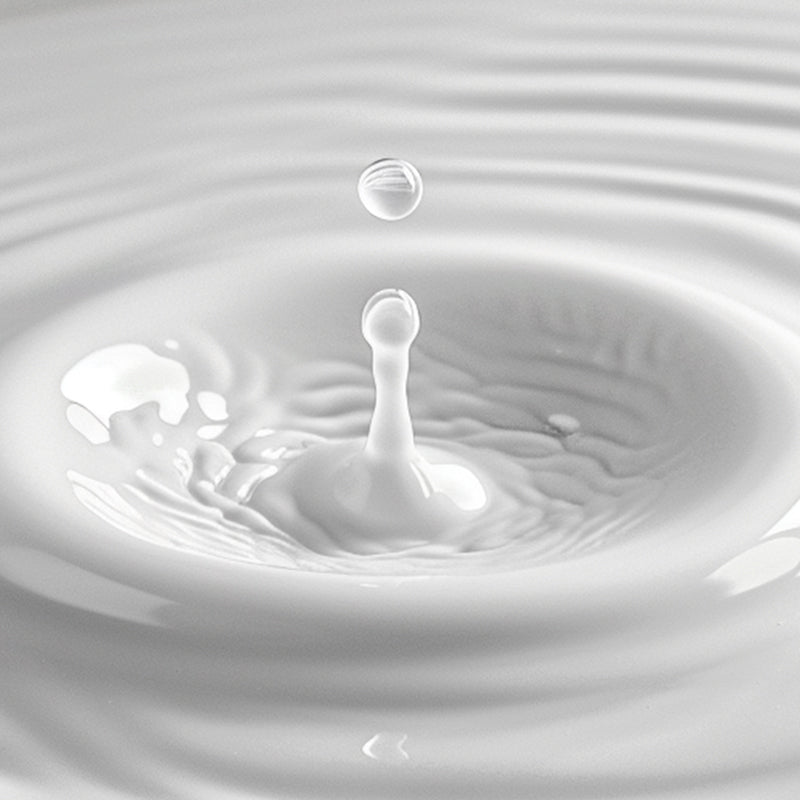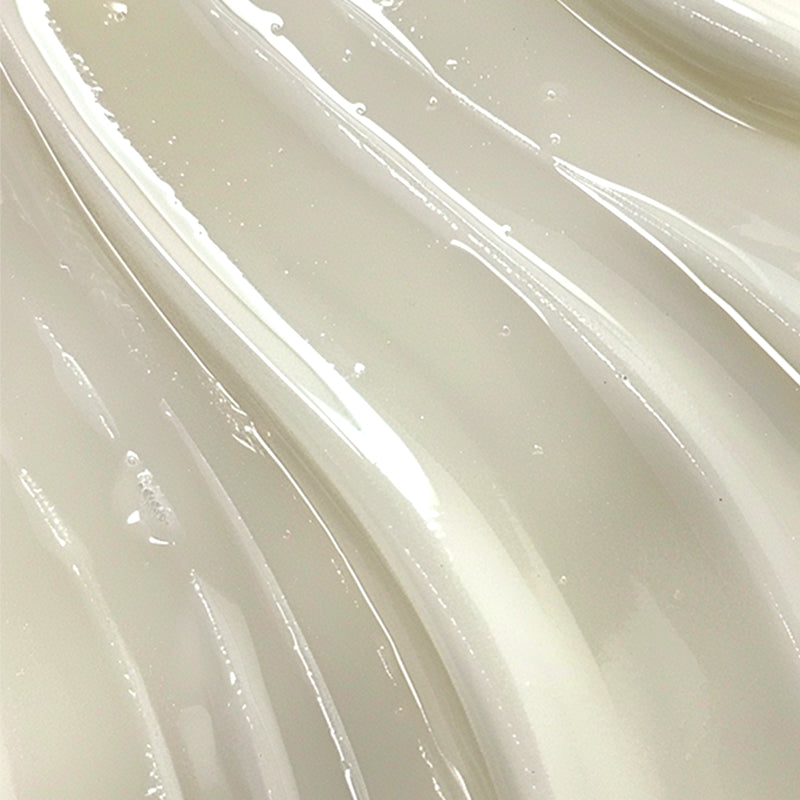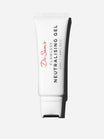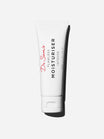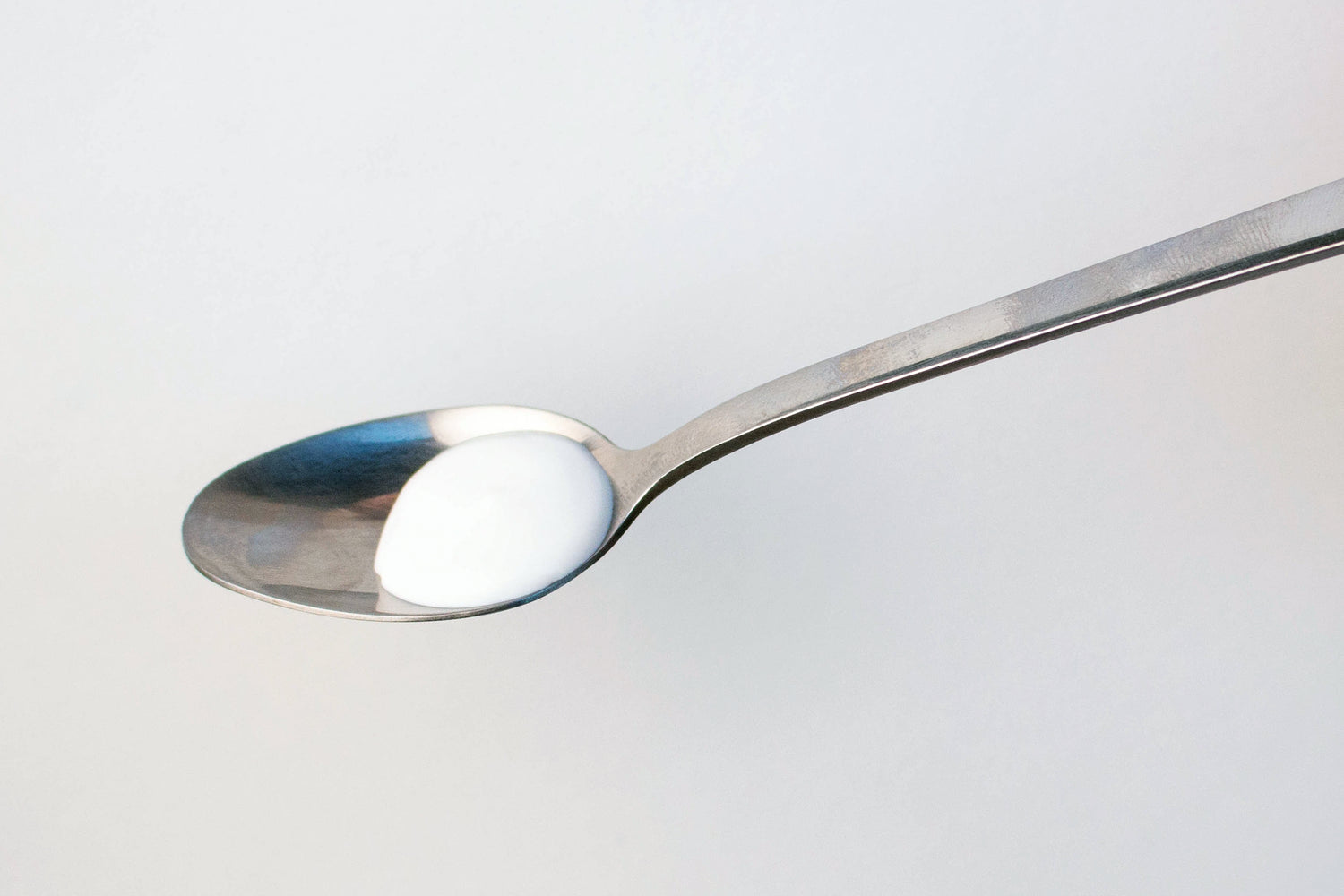There’s been a lot of noise around SPF following a certain infamous celebrity routine posted on Vogue’s website. So I thought it an opportune time to review what’s important in a sunscreen and how you should go about picking one for your skin concerns.
We’ve all had SPF disasters I’m sure. For me, it’s using one that broke me out terribly in my early 20s. It literally ruined a holiday my skin was so bad - is there anything more self-conscious making than spots at the beach? Thankfully formulations have come such a long way and now you really can personalise your choice of spf according to need. In fact, for many of my patients I’ll encourage them to have a couple to choose from to ensure they’re covered for the different demands of their skin and lifestyle. An SPF wardrobe, if you will.
How much sunscreen do you need?
So with SPF, the amount matters. With my measuring spoons, let me show you why.

I recommend 2.5ml or half a teaspoon - that's the dose for a full face and neck. It’s a lot. Hence the huge importance of finding one you actively like using or you’ll chronically underapply it. It’s why I developed my 13 Dot Technique to ensure an even covering of skin with no missed bits.

What kind of sunscreen should I use?
Then there’s the kind of filters you go for. Physical filters sit on top of skin and both absorb and reflect UV rays hitting our skin. Chemical filters are organic carbon compounds that absorb UV rays converting it to heat.
So when it comes to your skin issues what works best? There are nuances to this so let's look at the most common skin disorders I see in clinic one-by-one.
What sunscreen is best for acne-prone skin?
Acne is perhaps one of the biggest issues and I see so many of my patients skipping this step when they first come to me because of fears it will make them break out more. And yet it's super-important as it protects against post-inflammatory hyperpigmentation, those pesky dark marks that spots leave behind.The great news is non-clogging or non-comedogenic SPF is now readily available. These can be either chemical, physical or hybrid.
Options I like:
Flawless Daily Sunscreen SPF 50
Heliocare Gel SPF 50
La Roche Posay Anthelios Fluide SPF 50
What sunscreen is best for redness-prone skin + rosacea?
Summer is incredibly challenging for rosacea sufferers. UV rays are a common trigger for rosacea flares, as our ill-suited sunscreens which can irritate and aggravate redness. Mineral filters are the way forward here. Look for an spf with titanium dioxide and zinc oxide for gentle-but-mighty broad spectrum protection. A tint is great as it also helps mask redness.
Options I like:
Jan Marini SPF 30
Neostrata SPF 50
What sunscreen is best for pigmentation-prone skin?
Look for SPF containing iron oxide. Both hybrid and all mineral spfs work well here.
And for melasma sufferers, consider water-resistant SPF in warm weather to buffer against sweating. These are usually tinted.
Options I like:
La Roche-Posay Anthelios Tinted Fluid SPF50
Avene High Protection Tinted Compact, Broad Spectrum SPF 50+
What sunscreen is best for premature-ageing?
Look for SPF with added extras when it comes to tackling fine lines, uneven skin tone and rough texture, the hallmarks of sun damage. Niacinamide makes so much sense here as it targets many of the signs of ageing. And consider partnering with a seperate topical Vitamin C which synergises with your SPF for extra protection.
Options I like:
Elta MD UV Clear
What sunscreen is best for sensitive skin and eczema-prone skin?
Again mineral SPF is the way to go here. Those with dry, sensitive skin will often complain of itching and burning with chemical sunscreen - a hydrating, mineral sunscreen formula will often be the easiest option. A hydrating formula is important, otherwise as the day goes on sunscreen can dry out and look patchy.
Options I like:
Elta MD UV Pure
Bottom Line
A great routine starts from the sunscreen. So finding the one you actually enjoy using is worth the work. Hopefully, I’ve given you a framework to start your search from. Know the correct dose in whichever product you choose - measuring spoons are indispensable!! - and you can look forward to a very bright future for your skin.

